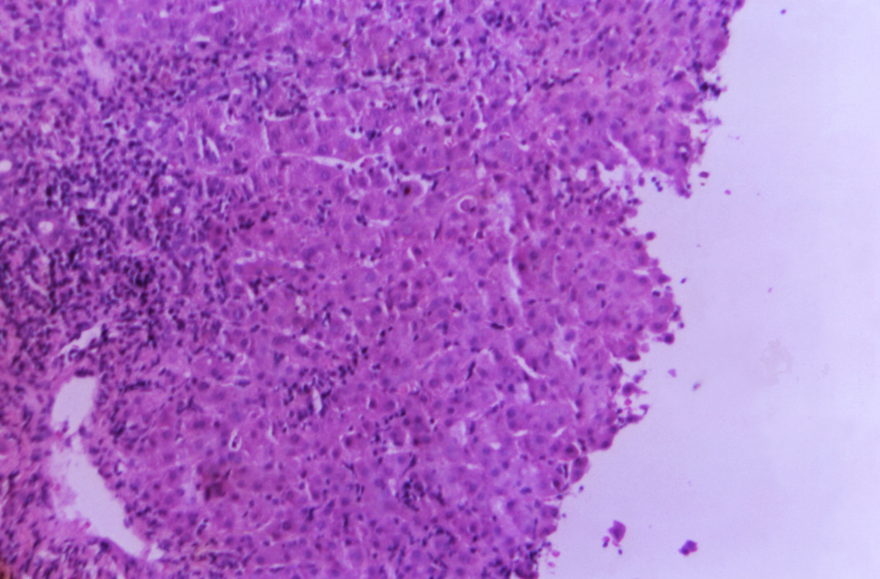North Carolina health officials are on the lookout for unusual hepatitis cases in children after two children in the state had severe liver inflammation with no known cause.
The World Health Organization this month reported a global outbreak of hepatitis affecting at least 169 children ages 1 month to 16 years old. Seventeen children required a liver transplant and at least one child died, the WHO said. The Centers for Disease Control and Prevention issued its own alert after a cluster of nine cases were identified in Alabama.
The North Carolina cases were brought to officials’ attention in March. Both children have since recovered, according to the state’s Department of Health and Human Services, and neither case required a transplant. It's not clear what part of North Carolina recorded the cases, though Mecklenburg County Public Health said in a statement Wednesday that it had not received notice of any local cases.
“No cause has been found and no common exposures were identified,” DHHS spokesperson Catie Armstrong said in a statement.
Armstrong added that state health officials are “conducting ongoing surveillance for potential cases with N.C. Poison Control and with epidemiologists in the state’s largest health care systems.”

Hepatitis is inflammation of the liver frequently caused by viruses including hepatitis A, hepatitis B and hepatitis C. It can also be caused by medical conditions like autoimmune disorders and obesity. Hepatitis symptoms, according to the CDC, include fever, fatigue, loss of appetite, nausea, vomiting, abdominal pain and yellowing of the skin or eyes. Treatment depends on the cause.
The WHO suggested adenovirus may be a possible cause for the recent global outbreak but cautioned that investigations are still ongoing. Adenoviruses are common viruses that can cause cold-like symptoms. According to the WHO, adenovirus was detected in at least 74 of the cases of children with severe hepatitis but North Carolina health officials said neither of the state's two cases tested positive for adenovirus.
“Pediatricians and family physicians need to become aware of (this hepatitis outbreak),” said Dr. William Houck, a pediatric gastroenterologist at Novant Health. “If they see kids with fever, vomiting, diarrhea, (they should) consider evaluating with bloodwork.”
Houck said a comprehensive metabolic panel could help physicians identify any problems with liver function. The CDC has also recommended that doctors consider testing for adenovirus in their pediatric patients with hepatitis with no apparent cause.
Other places that have reported hepatitis in children with no known cause are Belgium, Denmark, France, Ireland, Israel, Italy, The Netherlands, Norway, Romania, Spain and the United Kingdom. The United Kingdom reported the greatest number of cases at 114, according to the WHO.


